Description
Stillleben mit Früchten und Blumen by Rosalia Amon printed on a Hoodie
About the Hoodie
Modern fit
It provides a more tailored look than a regular fit
Comfortable
The fabric and fit of this item are extra comfy
Tear-away tag
Easily removable tear-away tag that allows you to add a custom inside label
Premium quality
The product is made from premium, high-quality materials
Classic unisex hoodie with a front pouch pocket and matching flat drawstrings. The 100% cotton exterior makes this hoodie soft to the touch.
- 65% ring-spun cotton, 35% polyester
- Charcoal Heather is 60% ring-spun cotton, 40% polyester
- Carbon Grey is 55% ring-spun cotton, 45% polyester
- 100% cotton face
- Fabric weight: 8.5 oz./yd.² (288.2 g/m²)
- Front pouch pocket
- Self-fabric patch on the back
- Matching flat drawstrings
- 3-panel hood
- Tear-away tag
Rosalia Amon (1825-1855)
Rosalia Amon was an Austrian painter of the Viennese Biedermeier period.
Rosalia Amon was probably a daughter of the Austrian painter Carl Amon. She received private lessons in Vienna from Ferdinand Georg Waldmüller, who tried out a new teaching method he had developed for the first time and later stated that the results had exceeded his expectations. When Amon specialized in flower painting, he gradually gave up this genre, allegedly out of consideration for her.
Rosalia Amon lived in Vienna. From 1841 to 1847, she exhibited still lifes and portraits at the annual exhibitions of the Academy of Fine Arts in Vienna. She first showed a study head in 1841, but was more successful in the following years with flower and fruit pieces. She also created landscapes with staffage and genre paintings. Her oil paintings sometimes found prominent buyers such as the imperial family and other aristocrats. However, she also painted small, simple bouquets of flowers to decorate the homes of the Viennese bourgeoisie. At an exhibition in 1844, she was judged a worthy successor to the painter Pauline von Koudelka, who died in 1840.
Rosalia Amon died in 1855 at the age of 30 in the Imperial and Royal Lunatic Asylum in Vienna. While she was recognized as an artist in her own right during her lifetime, in the 20th century she was often only perceived as a pupil of Waldmüller and her life and work were barely researched.

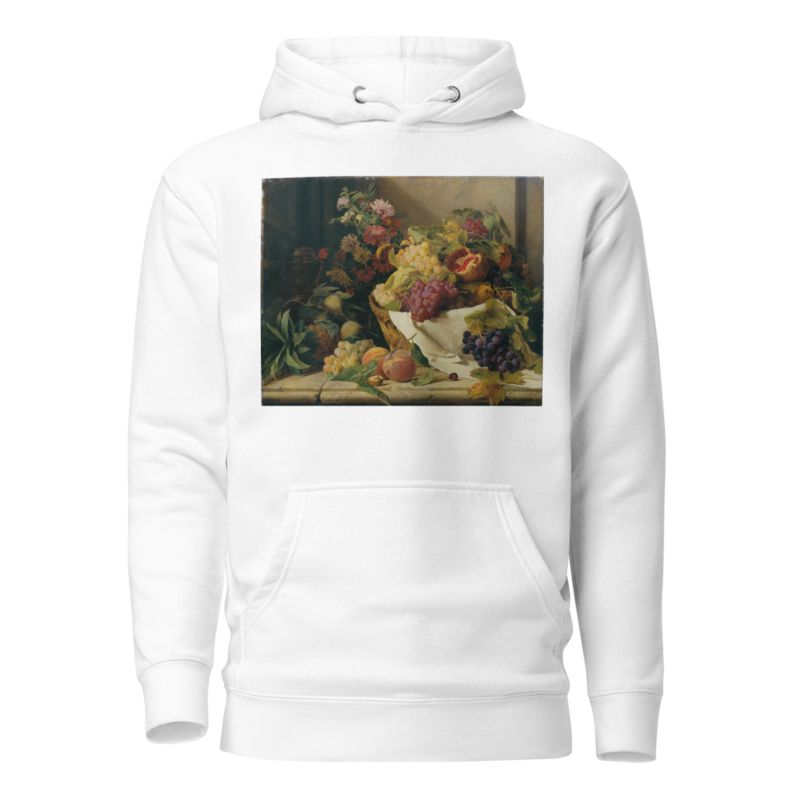
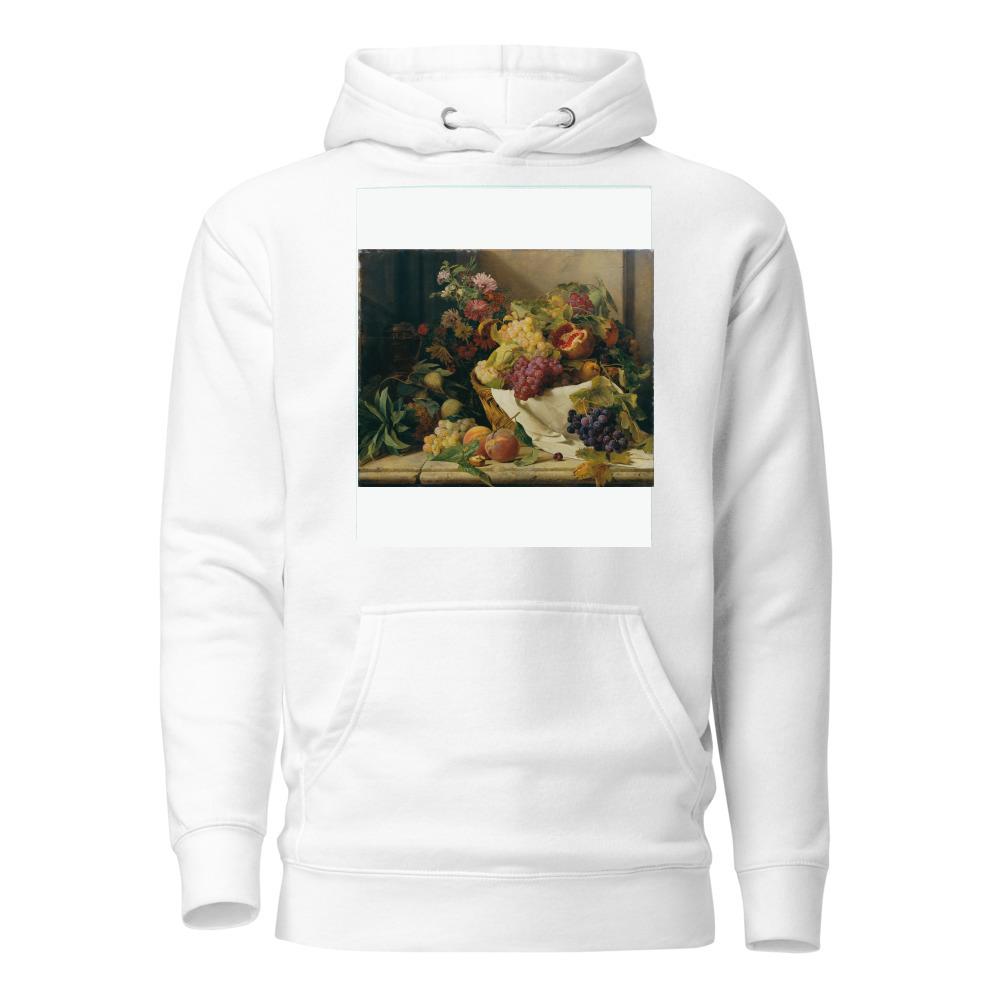
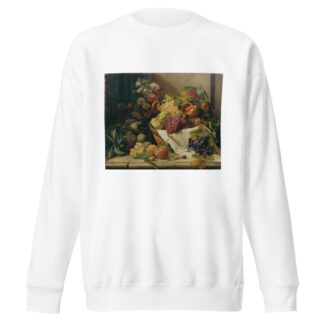
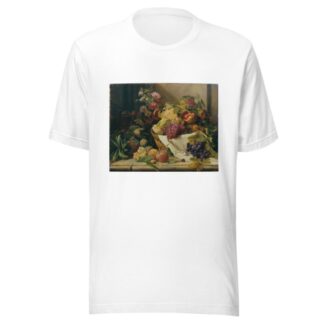
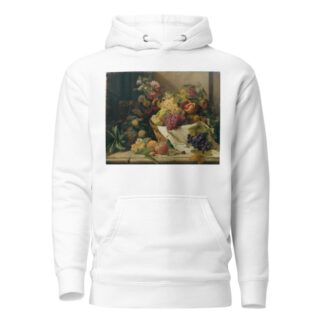
Reviews
There are no reviews yet.